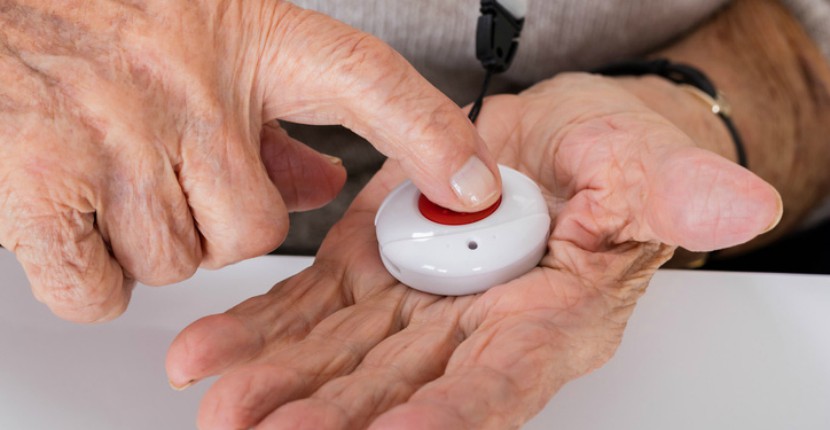One of the most important decisions your loved one will make, is the choice to age in place.
But for many family members not receiving around-the-clock care from a home health care agency, the idea of a senior parent or grandparent living alone is a scary thought.
But it doesn’t have to be.
Today, medical alert systems are offering families real peace of mind, while allowing older loved ones the option of being able to remain safely at home.
But investing in a medical device is an important choice. So how do you find the system that’s right for you and your loved one?
Freedom Home Care found information recently published by Consumer Reports that lists several questions to consider before purchasing an emergency response system. This includes: Are you looking for a system that is monitored? Is there a way to detect falls? And do you prefer a home-based product?
Monitored vs. Non-monitored
It’s recommended that seniors opt for a monitored system that will connect them to a dispatching center that responds 24/7 – in case of an emergency.
The other option would be a non-monitored system that has a pre-set contact list, which connects to friends and family when activated.
The advantage of going with a monitored company is that many places give you the option of purchasing automatic fall detection for a small monthly fee. The device can sense falls as soon they happen and then automatically contacts a dispatcher.
Knowing Your Options
Families have a number of different options to choose from when it comes to deciding between a home-based system and a mobile alert system.
Home-based systems are set up on your land line, connecting your family member to a dispatcher through a base unit with the press of a button.
On the other hand, a mobile-friendly system offers users the freedom to connect to someone when they’re away from home as well. These devices also come with built-in GPS technology which can locate a loved one when they’re in need.
Many systems provide a number of other services like fitness tracking, medical monitoring and home security monitoring.
Choosing a System
The next step to finding the right medical alert system is deciding on the type of equipment that would best benefit your needs.
Here are a few things to know:
Is it a device that can be worn? Is it something that will fit comfortably around the wrist or waist? Is it durable? How well does it rank in dependability?
Is it waterproof? This is an important feature – especially as loved ones climb in and out of the shower frequently.
Is it easy to set up? How many units do you need to cover the range of the entire house and yard? Does it function by battery or electricity?
One of the last things to consider before buying an medical alert unit is cost. Be sure to ask about potential fees, contracts and cancellation policies.
If you need more piece of mind, our personalized elder care will allow you to check in with a home care nurse and give your loved one the comfort of their own home.




